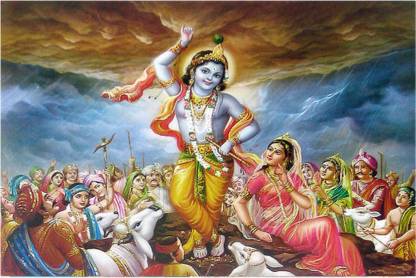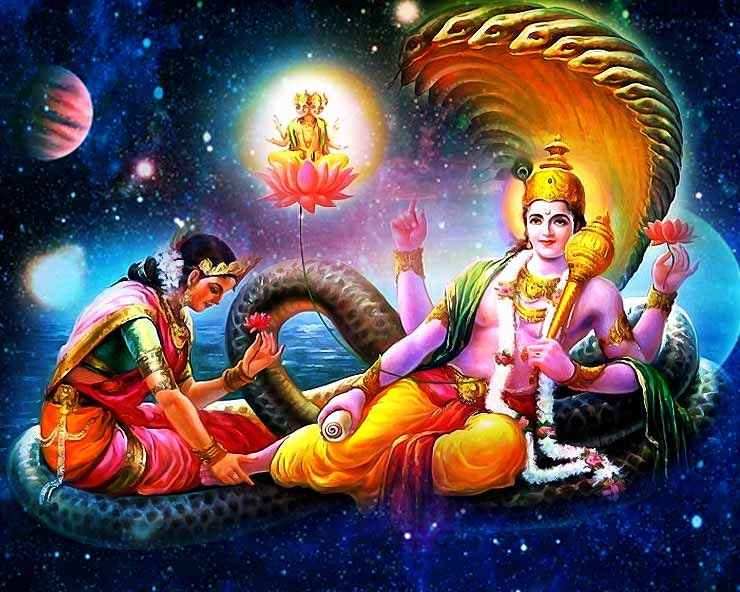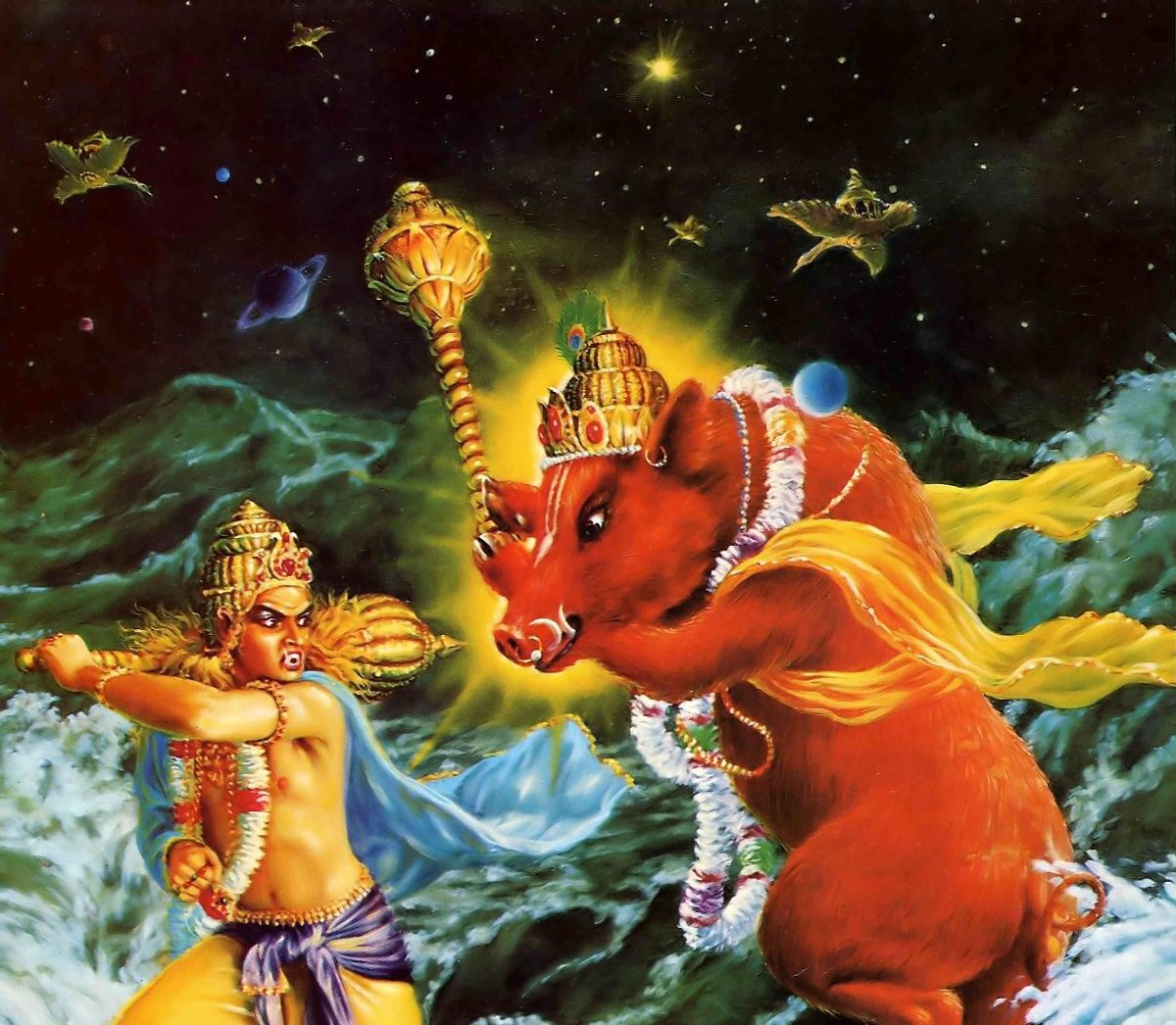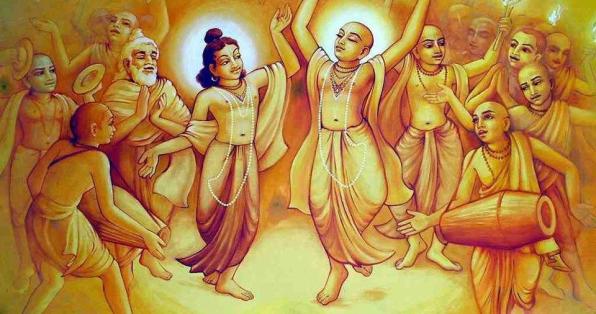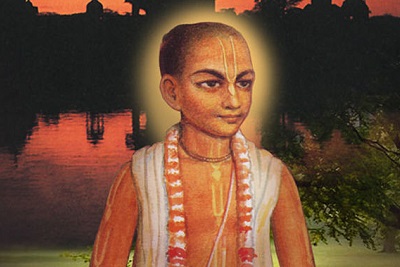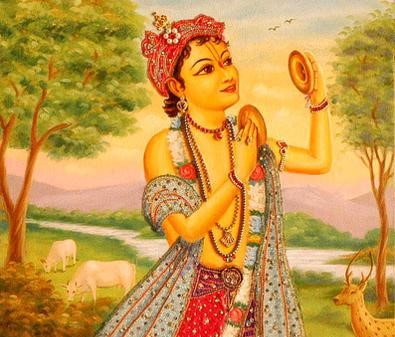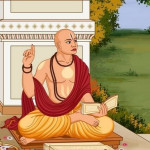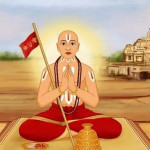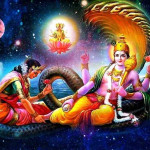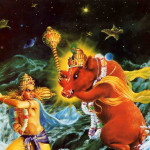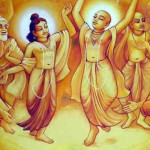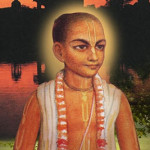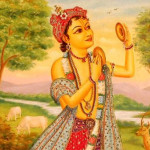Sri Govardhana Puja, Go Puja, Go Krida Bali
Date: 22nd October 2025
Day: Wednesday
Pratipat Tithi Begins – 05:54 PM on Oct 21, 2025
Pratipat Tithi Ends – 08:16 PM on Oct 22, 2025
Sri Govardhana Puja, Go Puja, Go Krida Bali
Description – “The day after Diwali is called Annakuta, or Govardhana Puja. On this day the inhabitants of Vrindavan (Lord Krishna’s abode on Earth) used to hold a festival to honor King Indra, the demigod responsible for providing the rains essential for a successful harvest.
One day, however, sensing that Indra had become overly proud of his position as king of heaven, Lord Krishna convinced the residents of Vrindavan to modify their festival and celebrate Govardhana Hill instead, arguing that it was the fertile soils on the hill that provided the grass upon which the cows and bulls grazed; that the cows and bulls who provided milk and ploughed the lands should be worshiped. This turn of events naturally upset the mighty Indra, who retaliated with terrifying rains and thunderstorms.
Seeing this, Lord Krishna, the Supreme Personality of Godhead, calmly lifted Govardhana Hill with the little finger of His left hand and held it up like a giant umbrella, providing a shelter for the people and animals of Vrindavan from the torrential downpours. The rains intensified. Indra’s fury raged. Finally, after seven days, beholding the wonder of the situation and realizing the futility of his own actions, King Indra surrendered. He came down from the heavens and bowed before Lord Krishna with folded hands, offering prayers and asking for forgiveness. He realized his true position as servant of the Supreme Personality of Godhead. In this way Lord Krishna demonstrated that He is Deva Deva, the Lord of the Demigods, and that any purpose for which demigods might be worshiped could easily be served by worshiping Him, the supreme cause of all causes.
Several thousand years later, on this same day, Srila Madhavendra Puri established a temple for the self-manifest Gopala Deity on top of Govardhana Hill.
To celebrate this festival, devotees build a replica of Govardhana Hill made of various opulent foods, worship Lord Krishna as the lifter of Govardhana Hill, worship the hill as His incarnation, and worship the cows and bulls who are dear to the Lord. At the end of the festival, the hill of prasada (sanctified food) is distributed to the public. All Vaishnava temples in India and throughout the world observe this ceremony, and hundreds of people are fed prasada according to the capacity of each temple.”

